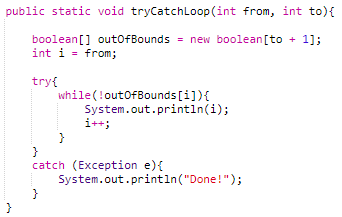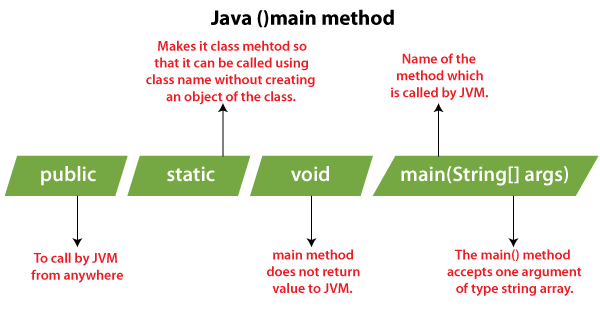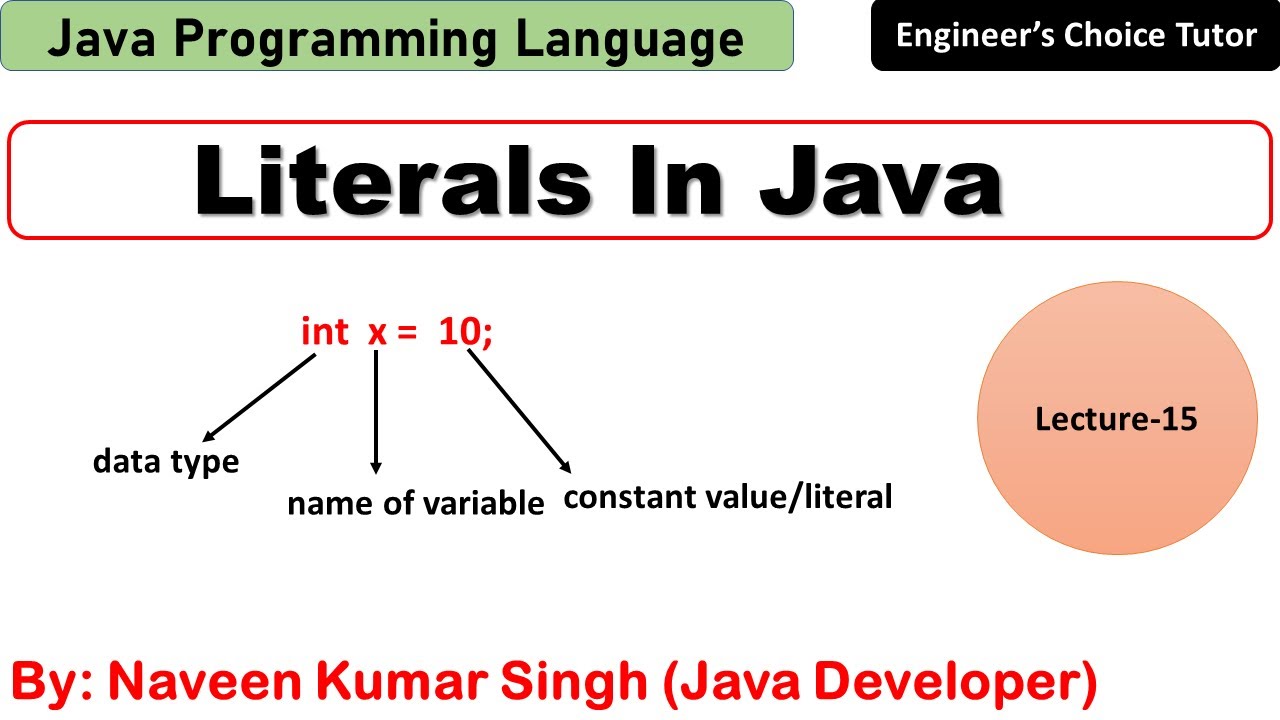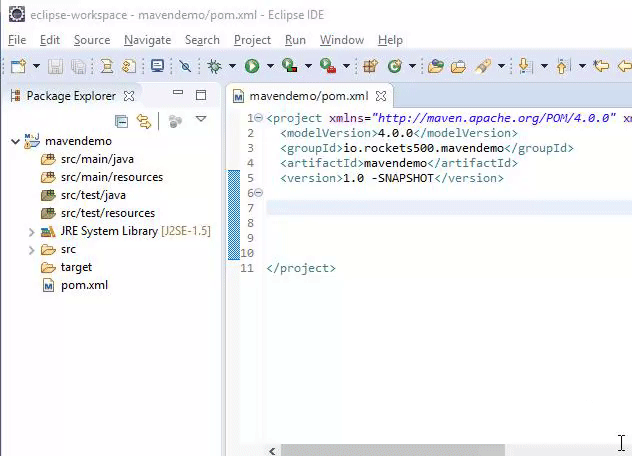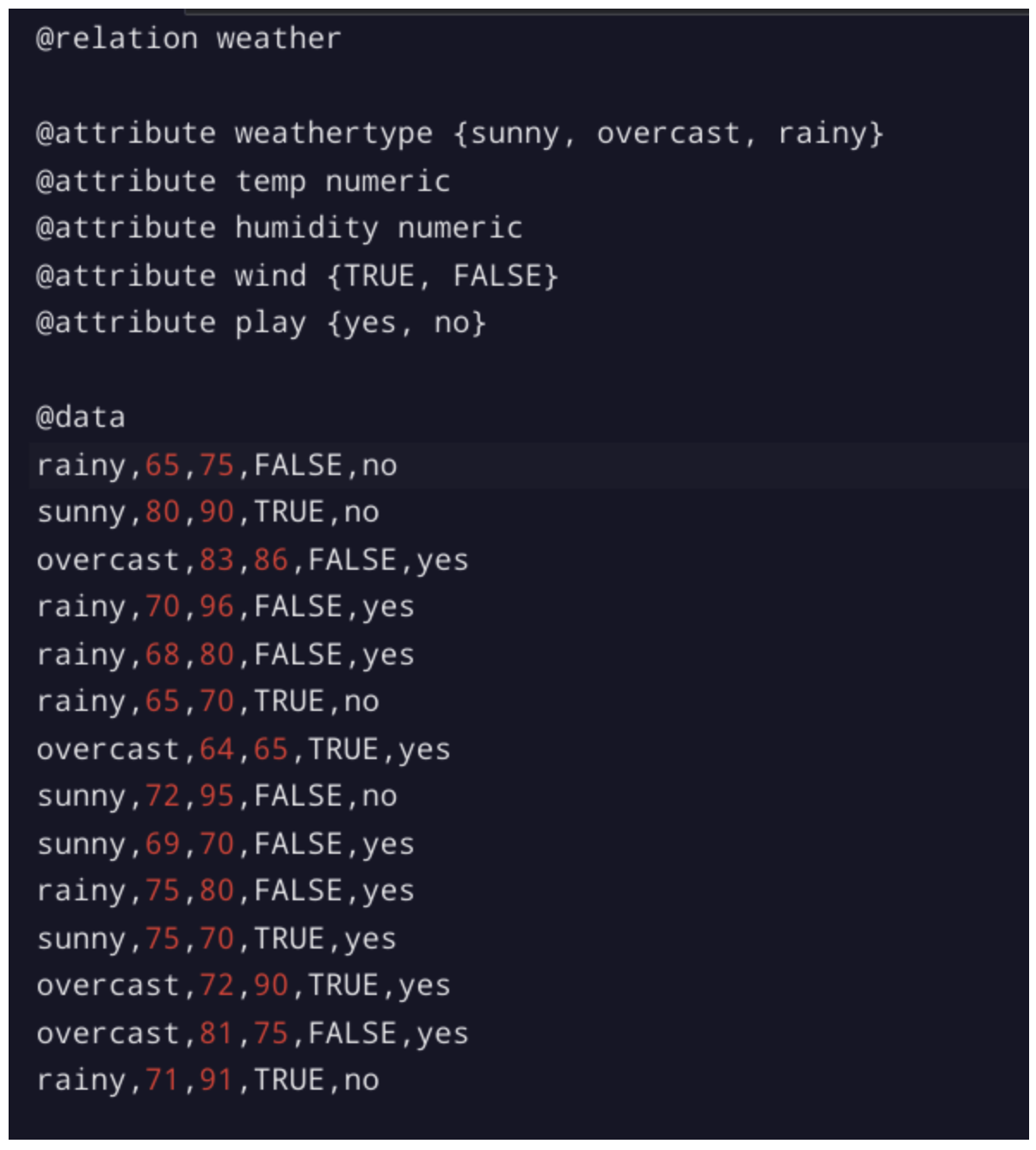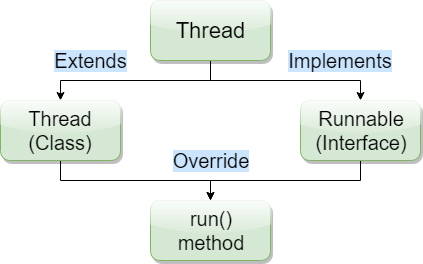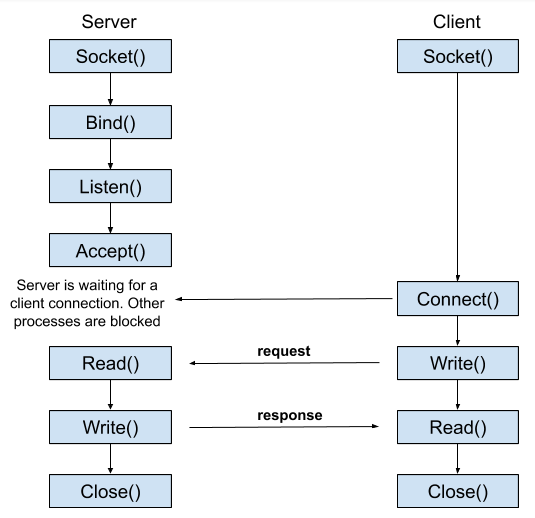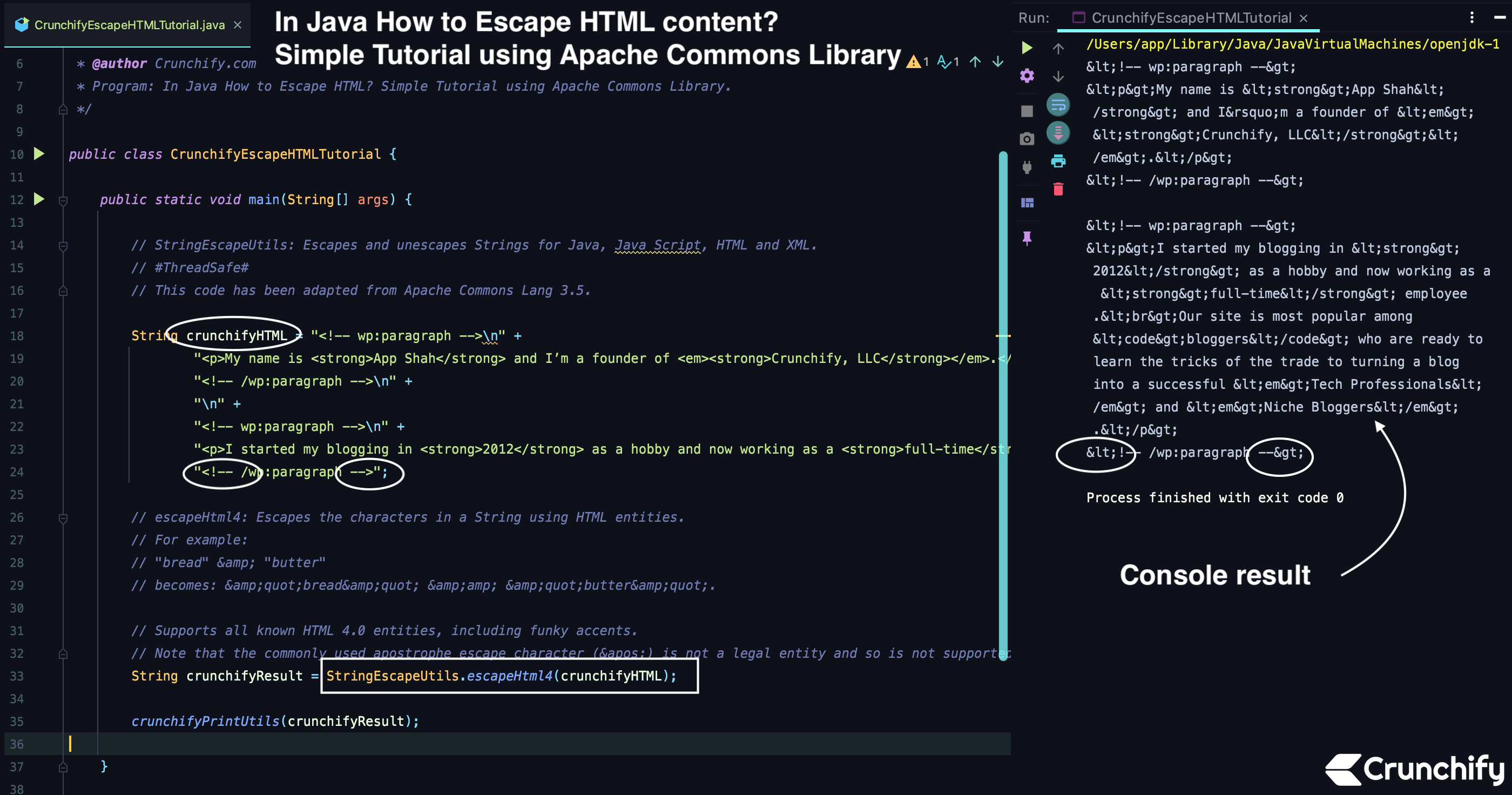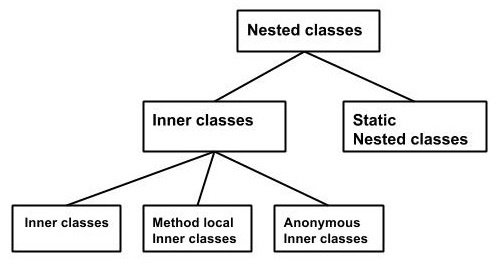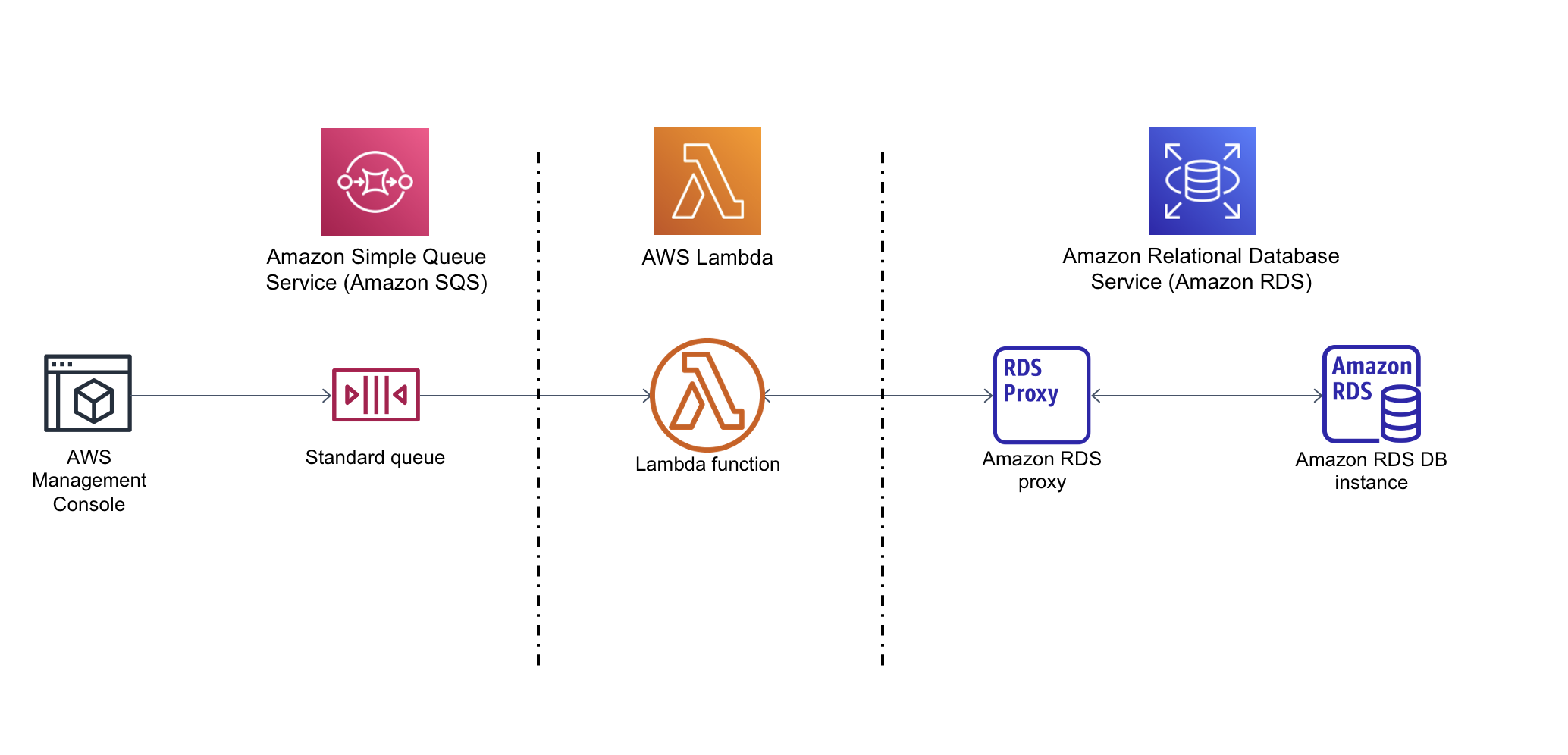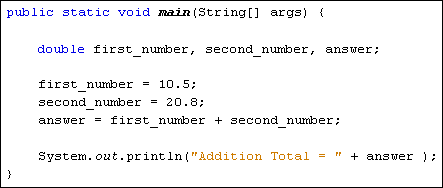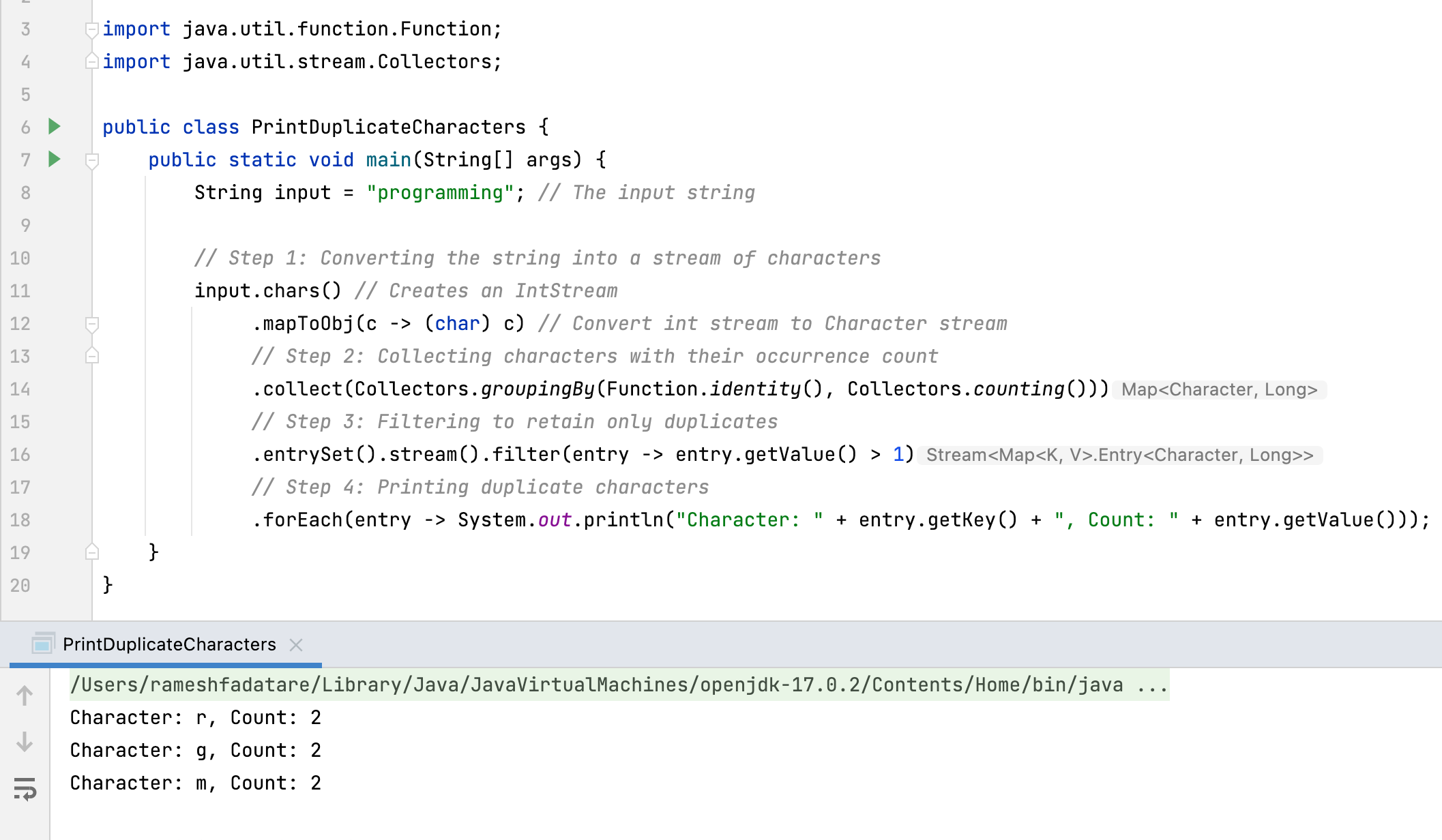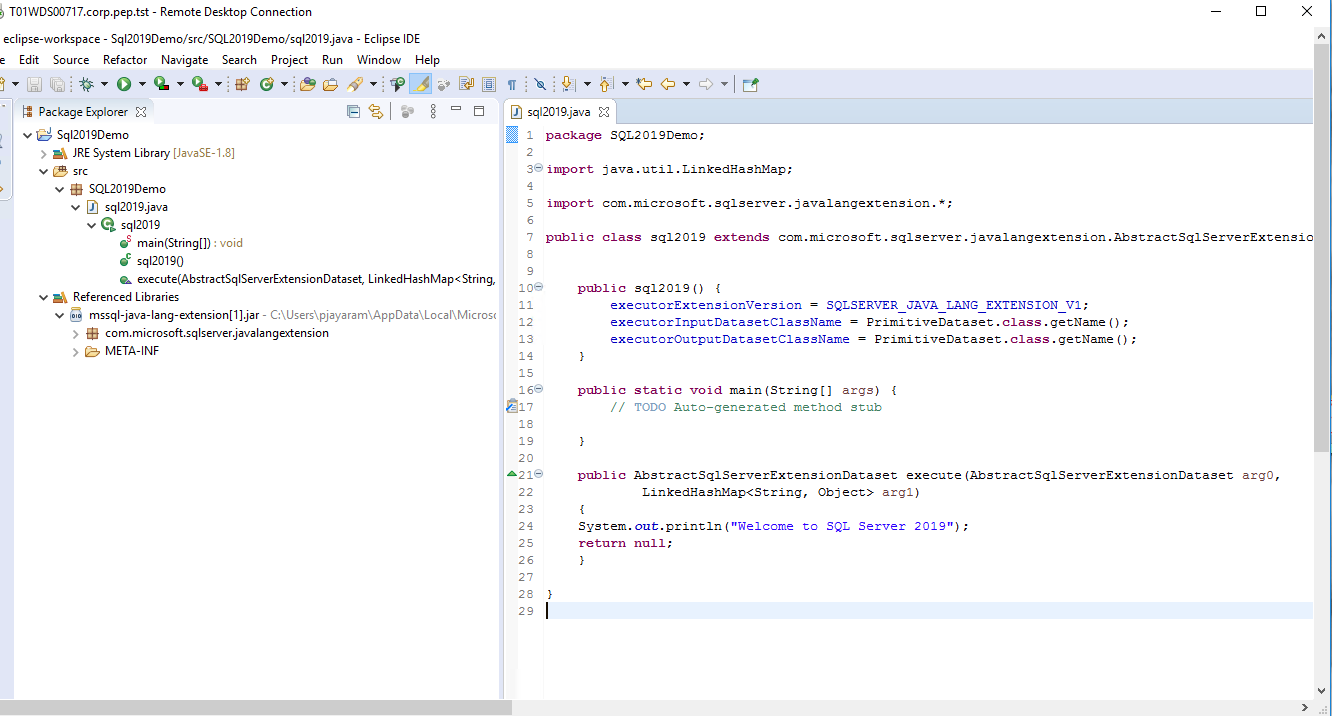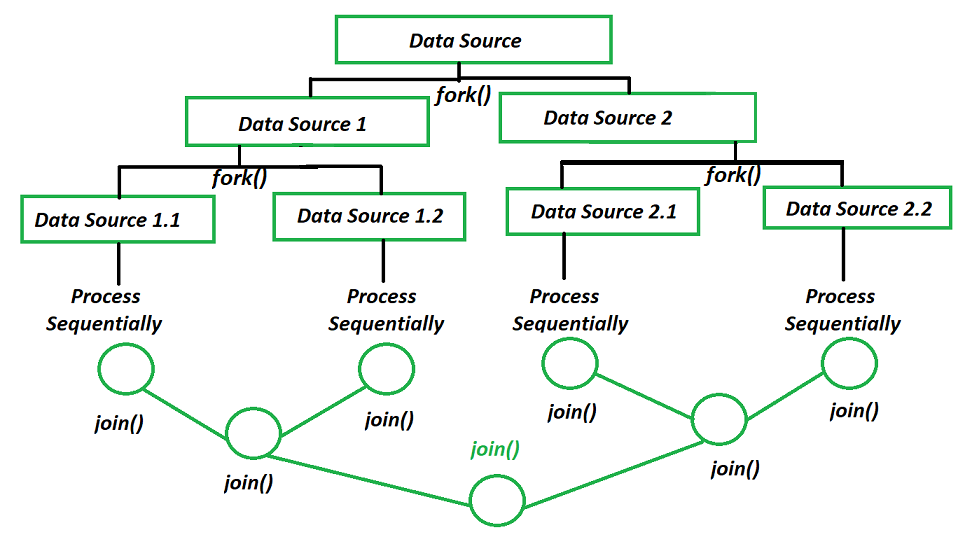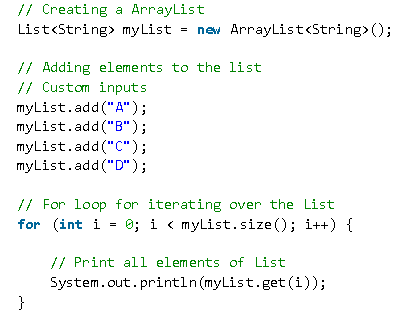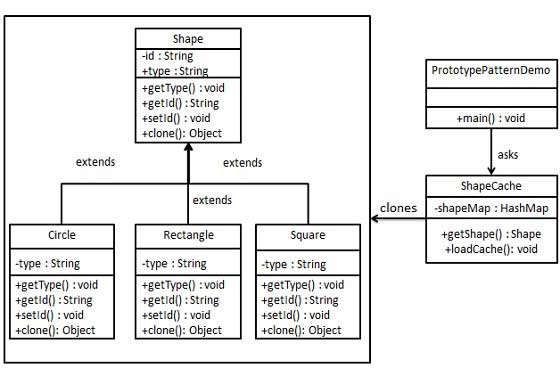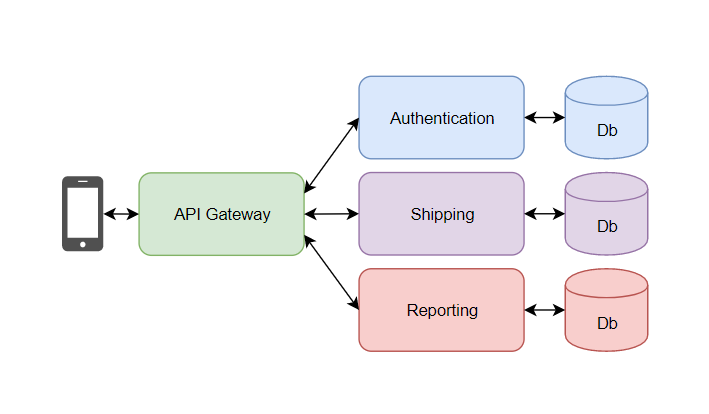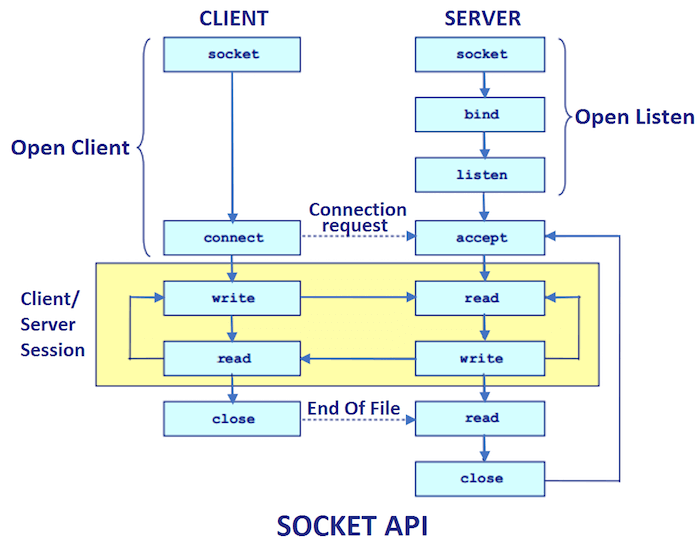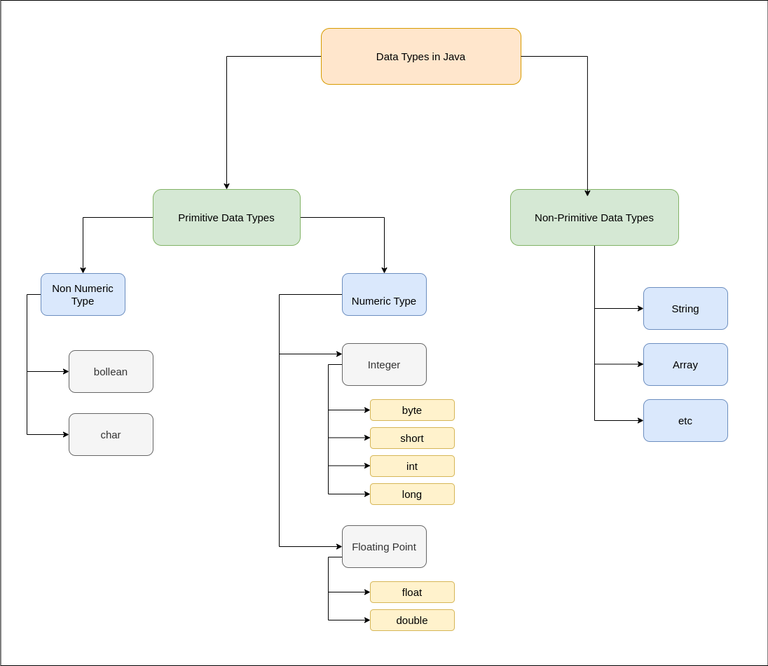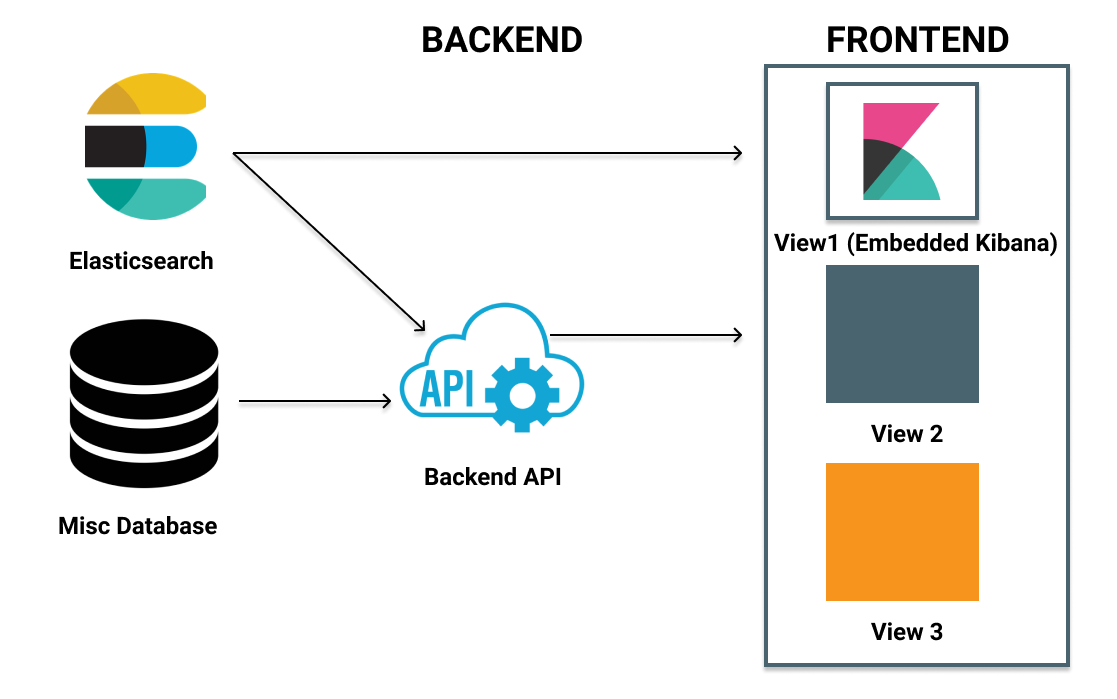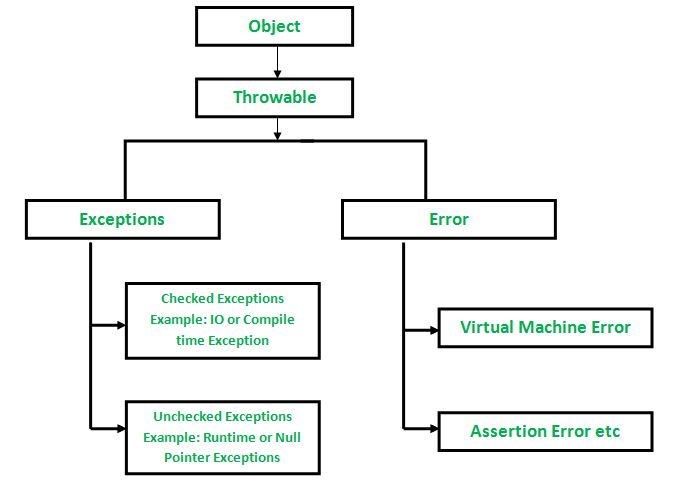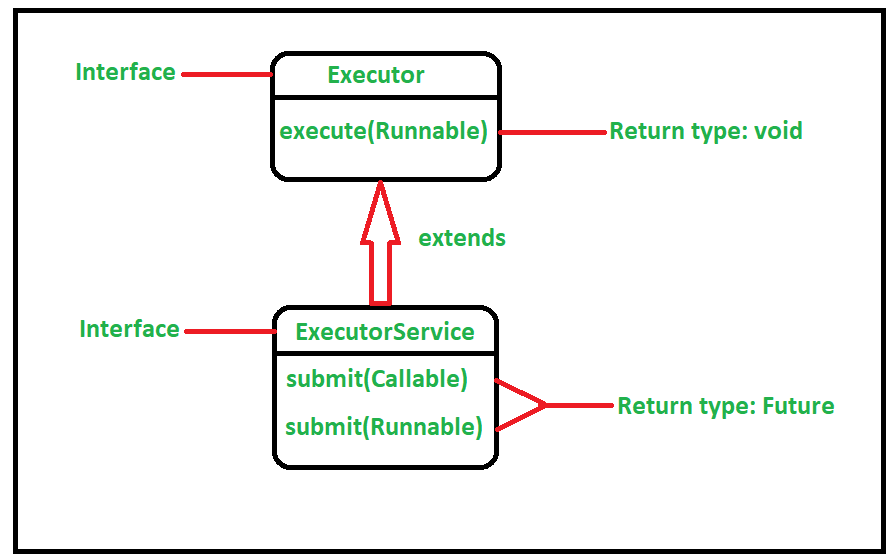Why AtomicInteger in Java?
Why AtomicInteger in Java?
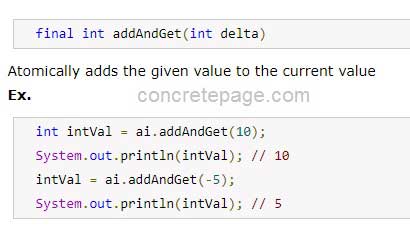
I'm happy to explain the concept of AtomicInteger in Java.
In Java, when we need to manipulate a shared variable that can be accessed by multiple threads simultaneously, we typically use synchronization mechanisms like locks or atomic operations to ensure thread safety. However, these approaches can introduce performance bottlenecks and complexity in our code.
That's where AtomicInteger comes into play! It's a class within the Java API (Application Programming Interface) designed specifically for handling integer values that need to be updated atomically by multiple threads. In this context, "atomic" means that the operation is executed as a single, indivisible unit of work, ensuring that the value is safely and correctly updated despite concurrent access.
AtomicInteger provides methods like get(), set(int newValue), incrementAndGet(), decrementAndGet(), and others to update the underlying integer value. These operations are thread-safe, meaning they can be executed by multiple threads concurrently without worrying about data corruption or inconsistencies.
Here are some key benefits of using AtomicInteger:
AtomicInteger as a shared resource for multiple threads, Java guarantees that updates to the value are safe and consistent. Low overhead: Unlike traditional synchronization mechanisms like locks or semaphores, AtomicInteger operations incur minimal overhead in terms of execution time and memory usage. Efficient: Many operations on AtomicInteger can be executed without locking the entire object, which helps to reduce contention and improve overall system performance.
To illustrate how AtomicInteger is used, let's consider a simple example:
Suppose we have a program that simulates a shared counter between multiple threads. Each thread increments the counter when it reaches a certain milestone, like processing a specific number of items. Without using an atomic operation, we might face issues with concurrent updates causing incorrect values or even crashes.
Here's how you could use AtomicInteger in this scenario:
public class SharedCounter {
private final AtomicLong counter = new AtomicLong(0);
public void increment() {
long currentValue = counter.getAndIncrement();
// Process something based on the updated value...
}
}
In this code, we create an instance of AtomicLong (which is equivalent to AtomicInteger) and use its getAndIncrement() method to safely update the counter value. This approach ensures that each thread can increment the counter without worrying about concurrent updates or data corruption.
In summary, using AtomicInteger in Java offers a lightweight and efficient way to handle shared integer values that need to be updated atomically by multiple threads. Its benefits include ensuring thread safety, minimizing overhead, and improving overall system performance – making it an essential tool for building robust and scalable concurrent applications!
AtomicInteger Java thread safe

I'd be happy to respond in English!
AtomicInteger - Thread-Safe in Java
In Java, AtomicInteger is a class that provides a way to safely increment or decrement an integer value from multiple threads concurrently. This is achieved through the use of atomic operations, which guarantee that the value of the integer will remain consistent even in the presence of concurrent modifications.
Why is Atomic Integer Thread-Safe?
The main reason why AtomicInteger is thread-safe is due to its implementation of atomic operations. These operations ensure that the value of the integer is updated in a way that prevents any conflicts or inconsistencies from occurring when multiple threads access the same value simultaneously.
In particular, AtomicInteger uses a combination of compare-and-swap (CAS) and load-link/store-store (LL/SS) operations to maintain thread safety. The CAS operation checks whether the expected value matches the actual value before attempting to update it, while LL/SS ensures that updates are made in a way that prevents any other threads from reading or writing the same value until the update is complete.
Atomic Operations
The atomic operations provided by AtomicInteger include:
These operations are designed to ensure that updates are made in a way that prevents any conflicts or inconsistencies from occurring when multiple threads access the same value simultaneously.
Benefits of Thread-Safety
The thread-safety provided by AtomicInteger has several benefits, including:
AtomicInteger helps prevent data corruption or loss due to concurrent modifications. Improved Concurrency: Thread-safety allows multiple threads to access the same value concurrently without any concerns about data corruption or consistency. Simplified Programming: The use of atomic operations in AtomicInteger simplifies programming by providing a way to safely update integer values from multiple threads.
In summary, AtomicInteger is thread-safe because it uses atomic operations to ensure that updates are made consistently and without conflicts, even in the presence of concurrent modifications. This provides several benefits, including prevention of data corruption, improved concurrency, and simplified programming.
